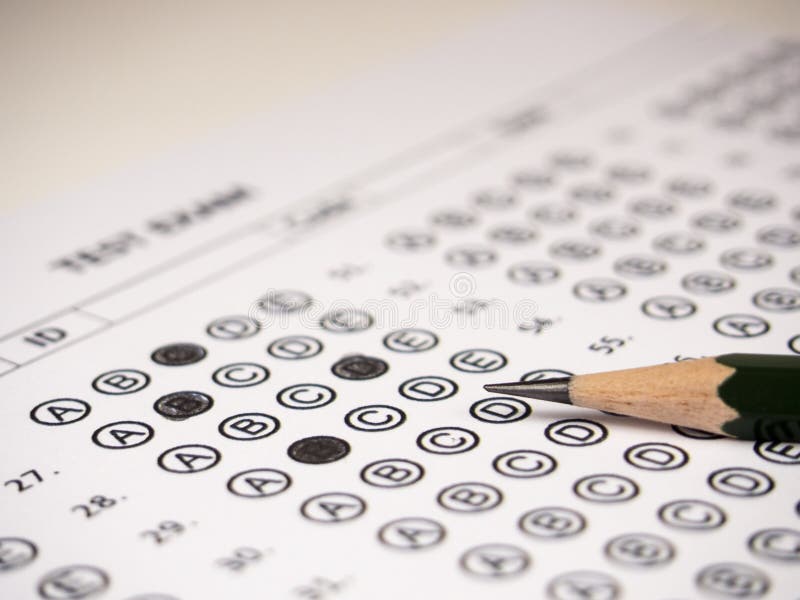Test anxiety is a common problem that many students face. It is a feeling of fear or apprehension that can occur before or during an exam. Test anxiety can have a negative impact on a student’s academic performance and can also affect their overall well-being. In this article, we will discuss the causes and effects of test anxiety, as well as some coping strategies that can help students overcome it.
Causes of Test Anxiety
- Pressure to perform well: Students may feel pressure from themselves, their parents or teachers to perform well on exams.
- Past experiences: If a student had a negative experience with a test in the past, they may develop anxiety about future tests.
- Perfectionism: Students who have a tendency to be perfectionists may feel a need to perform perfectly on exams, which can lead to anxiety.
- Lack of preparation: Students who feel unprepared for an exam may experience anxiety about their performance.
- Test format: Some students may experience anxiety due to the format of the test, such as multiple-choice questions or timed exams.

Effects of Test Anxiety
Test anxiety can have a variety of negative effects on a student’s academic performance and overall well-being. Some of the effects of test anxiety include:
- Difficulty concentrating
- Memory problems
- Physical symptoms such as headaches, nausea, and trembling
- Lowered self-esteem
- Reduced academic performance
- Decreased motivation and engagement with learning
Coping Strategies for Test Anxiety
There are several coping strategies that students can use to manage test anxiety. Some of these strategies include:
- Preparation: One of the best ways to reduce test anxiety is to prepare thoroughly for exams. This can include studying regularly, reviewing material, and practicing test-taking strategies.
- Relaxation techniques: Deep breathing, meditation, and visualization can help reduce anxiety and promote relaxation.
- Positive self-talk: Encouraging and positive self-talk can help students feel more confident and reduce anxiety.
- Time management: Students can reduce anxiety by managing their time effectively and avoiding procrastination.
- Seeking support: Talking to a trusted friend, family member or teacher can help alleviate anxiety and provide support.
- Professional help: In severe cases, students may benefit from seeking professional help, such as therapy or counseling.
Overall, test anxiety can be a challenging problem for students, but it is possible to overcome. By understanding the causes and effects of test anxiety and implementing effective coping strategies, students can reduce their anxiety and perform better on exams.


Comments are closed.